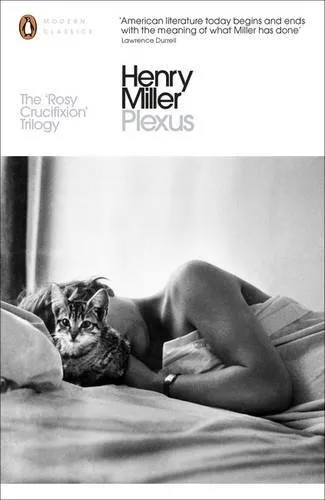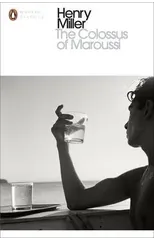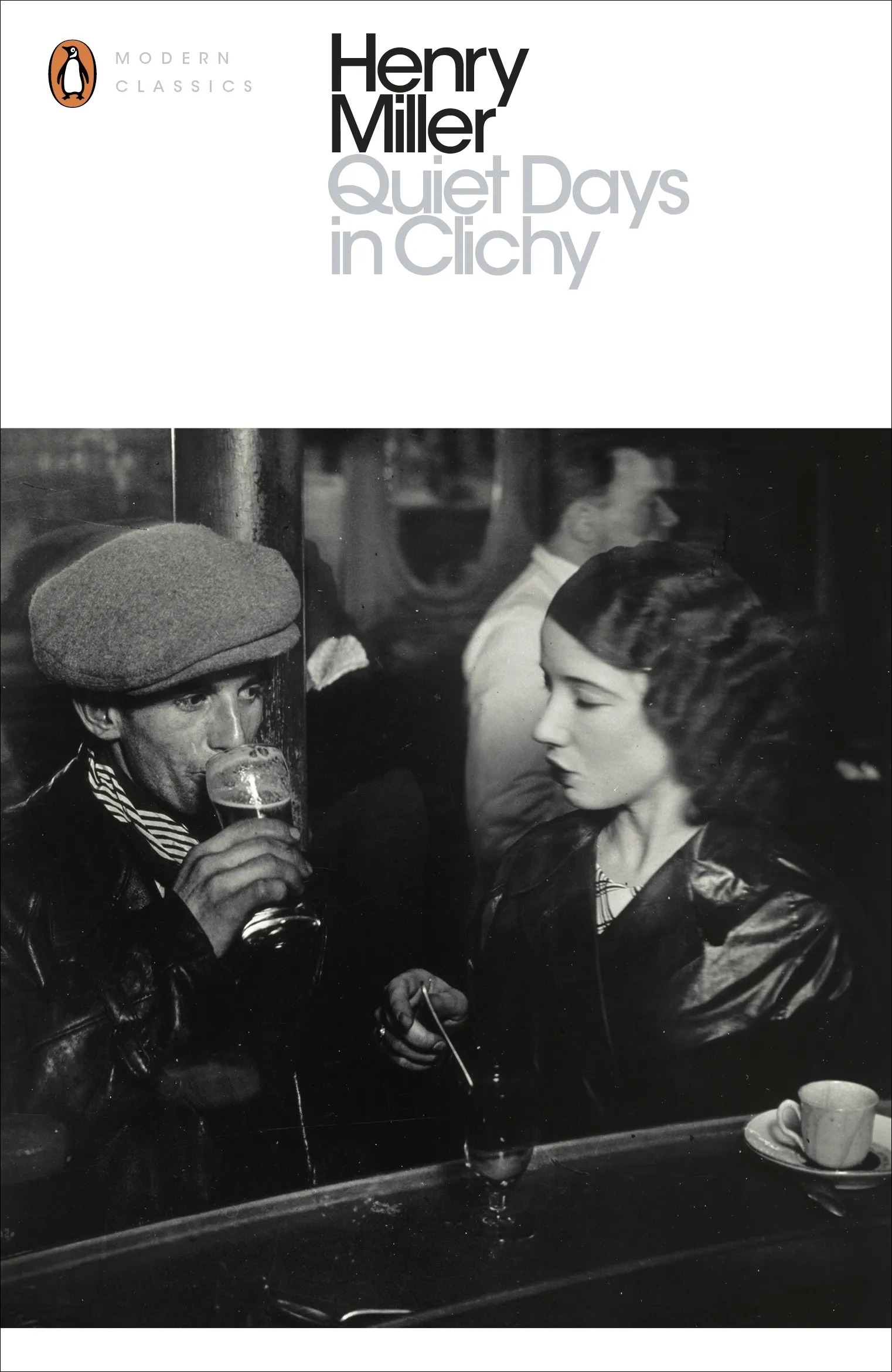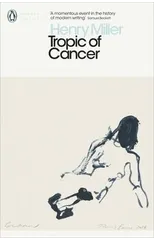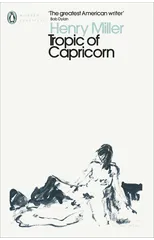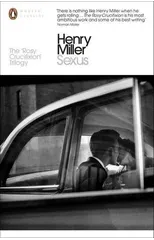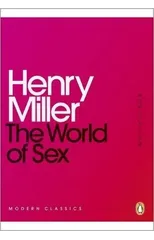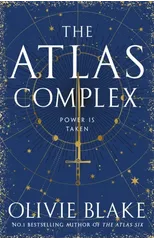When Henry Miller left America for Paris in the 1930s to lead the life of a literary bohemian, he called this death of his former existence and his resurrection as a writer a 'rosy crucifixion'. This is the story of the early days of his second marriage, his impoverished life in New York and his first steps towards being a writer.
Henry Miller
Henry Miller was an American writer known for his semi-autobiographical novels that challenged conventional literary and moral standards. His most notable works include "Tropic of Cancer," "Tropic of Capricorn," and "The Rosy Crucifixion" trilogy. Miller's writing style was characterized by its raw, unfiltered language and exploration of taboo subjects such as sex and existentialism. He was a key figure in the development of the modernist and postmodernist literary movements, influencing writers such as Jack Kerouac and Charles Bukowski. "Tropic of Cancer" is considered his most famous work, and it was initially banned in the United States for its explicit content before eventually becoming a literary classic. Henry Miller's contributions to literature continue to inspire readers and writers alike with his bold and uninhibited approach to storytelling.
